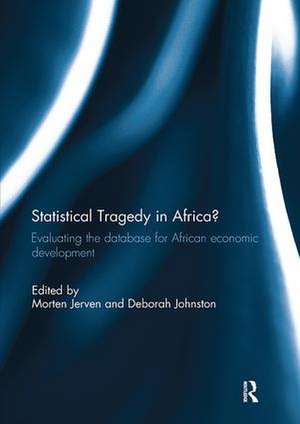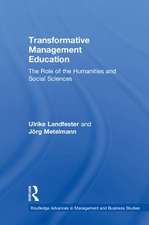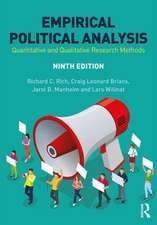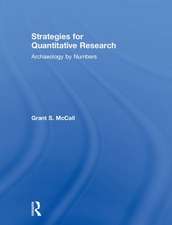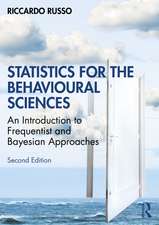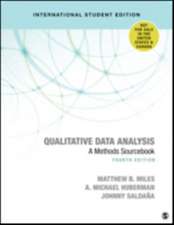Statistical Tragedy in Africa?: Evaluating the Database for African Economic Development
Editat de Morten Jerven, Deborah Johnstonen Limba Engleză Paperback – 16 iun 2017
Preț: 216.07 lei
Preț vechi: 258.66 lei
-16% Nou
Puncte Express: 324
Preț estimativ în valută:
41.34€ • 43.40$ • 34.32£
41.34€ • 43.40$ • 34.32£
Carte tipărită la comandă
Livrare economică 10-24 aprilie
Preluare comenzi: 021 569.72.76
Specificații
ISBN-13: 9781138294929
ISBN-10: 1138294926
Pagini: 136
Dimensiuni: 174 x 246 x 15 mm
Greutate: 0.45 kg
Ediția:1
Editura: Taylor & Francis
Colecția Routledge
Locul publicării:Oxford, United Kingdom
ISBN-10: 1138294926
Pagini: 136
Dimensiuni: 174 x 246 x 15 mm
Greutate: 0.45 kg
Ediția:1
Editura: Taylor & Francis
Colecția Routledge
Locul publicării:Oxford, United Kingdom
Public țintă
Postgraduate and UndergraduateCuprins
Foreword Introduction: Statistical Tragedy in Africa? Evaluating the Data Base for African Economic Development 1. The Political Economy of Bad Data: Evidence from African Survey and Administrative Statistics 2. From Tragedy to Renaissance: Improving Agricultural Data for Better Policies 3. The Invisibility of Wage Employment in Statistics on the Informal Economy in Africa: Causes and Consequences 4. Poverty in African Households: the Limits of Survey and Census Representations 5. The Making of the Middle-Class in Africa: Evidence from DHS Data 6. Random Growth in Africa? Lessons from an Evaluation of the Growth Evidence on Botswana, Kenya, Tanzania and Zambia, 1965-1995 7. GDP Revisions and Updating Statistical Systems in Sub-Saharan Africa: Reports from the Statistical Offices in Nigeria, Liberia and Zimbabwe
Descriere
What do we know about economic development in Africa? The answer is that we know much less than we would like to think. This collection assesses the knowledge problem present in statistics on poverty, agriculture, labour, education, health, and economic growth. While diverse in origin, the contributors to this book are unified in two conclusions: the quality and quantity of data needs to be improved; and this is a concern not just for statisticians. It provides a guide for scholars, policy makers, and all those who are interested in using data, designing surveys and supporting statistical capacity. This book was originally published as a special issue of The Journal of Development Studies.
